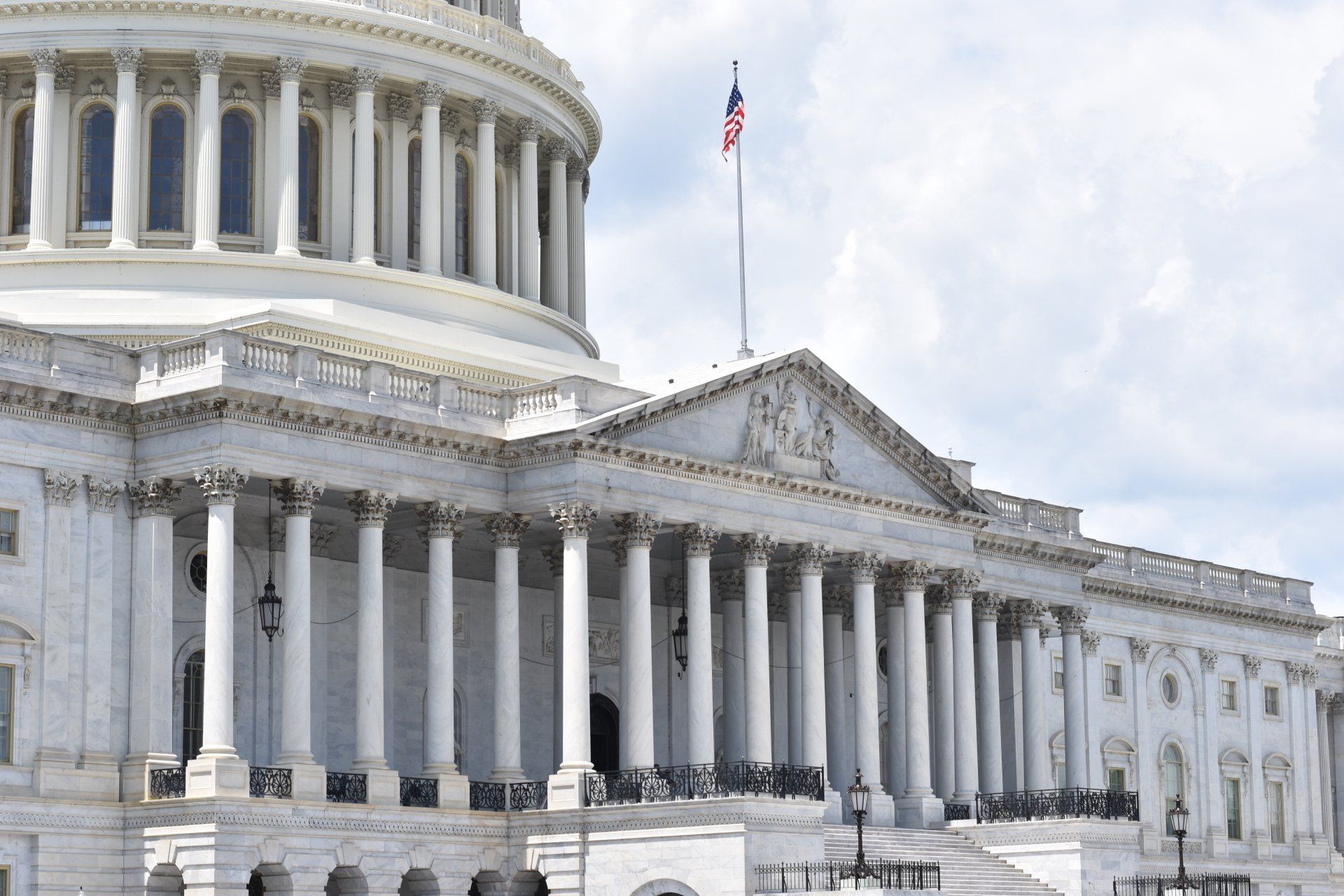Ten Days’ Paid Leave May Be Available for All Full-Time Workers

By: Trevor Brice, Esq.
For many Americans, the possible leave that can be taken under state and federal leave has been expanded and extended so that many employees are covered by state and federal leave laws. However, this coverage has not extended to all full-time U.S. employees. A new bill in Congress seeks to change this. On March 20, 2024, several House Democrats announced the introduction of the Protected Time Off (“PTO) Act to guarantee 10 paid days off from work each year for full-time workers.
The proposal ensures that all full-time employees will earn no less than two weeks of annual paid leave per year, in addition to any employer-provided or legal required paid sick or family leave, to be used for any reason at the employees’ standard pay rate. Employers must not interfere with or discriminate against workers who seek to take annual paid time off.
Possible Implications for Employers under the PTO Act
The PTO Act offers two weeks of paid time off to any full-time employee for any reason. This means that employers will have to offer this time off as long as employees provide two weeks’ notice, which is required under the law. Employers with surge seasons will be particularly affected by this act, because, as long as notice is provided, employers cannot deny the time off, unless the surge season qualifies as an emergency under the Act. An employer may place limited, reasonable restrictions regarding the scheduling of paid annual leave and may reject a scheduling request for such leave for a bona fide business reason, so long as the employer provides other reasonable alternative times for the employee to schedule such leave. However, the definition of reasonable alternative times would have to be tested in court, as it is not defined in the pending legislation.
Employees would begin to accrue paid leave as soon as their employment begins and employers must provide each employee with no less no less than 1 hour of paid annual leave for every 25 hours worked, for up to 80 total hours. Employees can start using PTO Act leave on the 60th day of their employment.
Employers will need to compensate employees at the same rate that they would have been paid had the employees not used leave. Further, employees are allowed to carry over up to 40 hours of leave year to year and can cash out any unused paid annual leave at the separation of employment. If employers violate the PTO Act, employers may be responsible for lost wages, interest, liquidated (double) damages, and reasonable attorney’s fees and costs. While an individual bringing a claim under the PTO Act may not scare employers, as it could be on the hook for up to four weeks of pay plus attorney’s fees and costs at maximum, a class action on behalf of multiple employees could certainly be something that employers fear.
Takeaways
The PTO Act, while introduced in the House, is not likely to advance and become law with bipartisan support. However, it is of note that legislators feel comfortable advancing legislation that would give paid leave to all full-time employees. In this sense, it is more likely that a lesser version of the PTO Act could be passed in the coming months and years, which could burden employers with more regulation related to paid leave. As always, if an employer has questions or concerns about the utilization of paid leave and the application of new potential laws like the PTO Act, it is prudent to seek legal counsel.
Trevor Brice is an attorney who specializes in labor and employment-law matters at the Royal Law Firm LLP, a woman-owned, women-managed corporate law firm that is certified as a women’s business enterprise with the Massachusetts Supplier Diversity Office, the National Assoc. of Minority and Women Owned Law Firms, and the Women’s Business Enterprise National Council.







